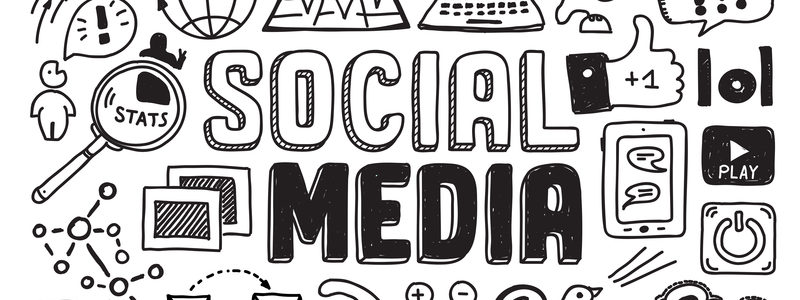
Online Social Media Security – How Safe Are You and Your Children?
In early December, I was asked to speak to a reporter from Univision Las Vegas about online social media security. The reason for the story was that an online scammer stole the pictures of a little girl and made up a story about how the little girl had been kidnapped. Thankfully, the little girl was at home safe with her family but the fake story aimed to raise funds to pay for a ransom to have her released and people were falling for the scam.
Another worrying trend with photos of children is what has been termed as “digital kidnapping” or baby role playing. In these cases, a person will steal photos of a child and repost the pictures claiming that the children are their own. Parents have found entire profiles filled with pictures of their children with another person claiming to be the person’s mother or father.
While there are risks to posting pictures of your little ones on social media, it does not mean that you should stop sharing those precious moments with far-away friends & family on social media although a survey from the University of Michigan found that 68% of parents are worried about their child’s privacy online and 67% are worried that the photos will be reshared.
There are things that you can do to increase your social media profile security when posting pictures of your children including:
- Restrict who can see your child’s pictures
- Restrict the ability to share your child’s picture
- Use a watermark
- Turn off location services when posting from your phone
Children aren’t the only victims
Remember the story about how now NFL star Manti Te’o fell for a girl who really never existed over a period of a couple of years? Online romance scams have become so prevalent that they account for higher financial losses than other internet-based crimes with victims typically losing tens of thousands of dollars according to the FBI Internet Crime Complaint Center. There have also been so many victims that there is now a support group called Scam Survivors, with a hotline and information resource center for those that have been duped by online scams.
For years now, fake profiles are created by scammers with duplicated names and profile pictures. And because people still fall for their scams, the fraudsters continue despite Facebook’s attempts to reduce the number of fake accounts. Once a fake profile is created the scammer may begin adding and contact family or friends. Then they start collecting information. And eventually, there comes a message claiming that they had been mugged, lost everything, and are stranded on the streets of a foreign city and in desperate need of help. Some years ago, this happened to my parents who received one such message from one of my brothers saying that he had been mugged in London which prompted my parents to question first how did he end up there and secondly, how did the scammer know to contact them to ask for help?
Other social media online safety tips include:
- Don’t publicly post about going on vacation. It lets people know that your home will be vacant.
- Never publicly post your address, home telephone or mobile number.
- Manage your friends lists. Not all friends are created equal as Stay Safe Online eloquently puts it so categorize your social media friends into groups and restrict the information that you share with them.
- Privacy settings exist for a reason, so use them! Use privacy settings (such as restricting posts to just select people or groups) when posting personal details.



